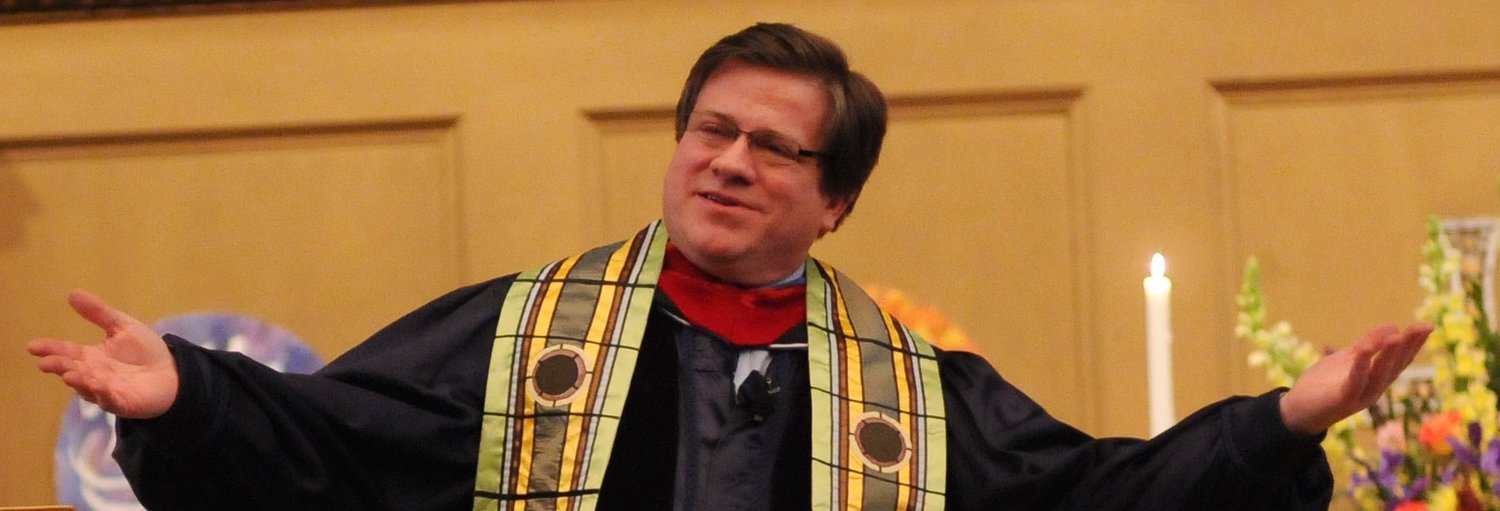The Thirtieth Day
(Thursday, April 4, 2019)
Steps and Stages of Worship
“The first step in the act of worship is to relax and to become aware of that upon which we are dependent, that which sustains us in every breath we breathe, that which shapes the cells of our bodies and the impulses of our hearts according as we adjust to life in this way or that. One can think of this all-encompassing reality as atoms, if he wishes, or electric tension, or use some other such imagery. The imagery adapted to one mind will not be adapted to another. To talk about all our lives being sustained and shaped by atoms or electric tension is, of course, pure mythology. But some minds may be of such a twists to find such a myth helpful. The point is that we are sustained; and in so far as we rise to higher levels of living we do so by adaptation to that which lifts us. In this first act of worship we fill and suffice or minds with the sense of this encompassing presence that sustains and lifts and works toward the organic community of each with all.
“The second step in worship is to call to mind the vast and unimaginable possibilities for good which are inherent in this integrating process called God. These possibilities are actualized in us and in others and in all the world round about us in so far as we and others find and establish the required adjustment between ourselves and this cosmic process which is God. In the meantime, however, these possibilities are genuine constituents of our world by virtues of the pervasive working of that which we call God.
“No matter how we may doubt the possibilities of personal improvement and social transformation and reconstruction of physical conditions, there is that noblest kind of personality, that highest degree of health, the\at clearness of mind and largeness of purpose, that measure of equality of opportunity, of cooperation and mutual understanding and deep organic community of heart and mind between all beings which may be attained by the best possible adaptation of means to ends. It is this possibility which we now bring to mind.
“The third step is to face the chief problem with which we are struggling. If we are living earnestly we are always struggling with a problem which taxes our powers. We shall frequently have the sense of being baffled because we do not see the way to its solution. But most of the time, unless we take opportunity for the kind of worship we are here describing, we shall not face the problem in its entirety and get it in its true perspective. We are too busy dealing with some pressing detail to face it in all its fullness.
“The fourth step is self-analysis to find what change must be made in our own mental attitudes and personal habits. No problem was ever solved, no desired results ever attained, by worship or in any other way, which did not require some personal readjustment on the part of the person through whom it was attained. Worship has practical value and is a way of doing things only because it enables us (1) to discover what personal readjustment is required of use and (2) to establish that readjustment in ourselves.
“The fifth step in worship is to formulate in words as clearly and comprehensively as possible the readjustment of personality and behavior which I have discovered is required of me if I am to close the circuit between certain disconnected factors in the world round me. This verbal statement of the needed readjustment is very important. It should be accurate, comprehensive, concise. Above all, it must be affirmative, not negative. For in worship we are not primarily trying to break a connection but to establish a connection. We must be positive not negative. No good thing was ever done by merely a negative attitude. No problem was ever solved in that way. The overcoming of a fault is always a positive, constructive operation.” (Wieman & Wieman)
Let no one thing that learning how to worship is easily mastered. Like tennis or golf, or writing or preaching, it requires daily practice. It taxes our persistence. It gradually becomes second nature. Then comes the incredible experience of refreshment, transformation, constant correction and rebirth. There is nothing like it in all human experience, nothing so worth while. (Donald Szantho Harrington)
Prayer
Persistent God, help us to grow in prayer with You. Make us persist in our efforts, even if, at the beginning, they appear fruitless. As we struggle to reach You, reach out and lift us up—into Your Glory. Amen.
Hymn
Come, thou Almighty Will!
Our fainting bosoms fill
With thy great power:
Strength of our good intents,
Our tempted hour’s defense,
Calm of faith’s confidence,
Come in this hour!
Come, thou most tender Love!
Within our spirits move,
Their sweetest guest;
Exalt each low desire,
Transforming passion’s fire,
To deeds of love inspire,
Quickener and Rest!
Come, Light serene and still!
Our darkened spirits fill
With thy clear day:
Guide of the feeble sight,
Star of grief’s darkest night,
Reveal the path of right,
Show us thy way!
—Hymns of the Spirit 1864 (Hymns of the Spirit, no. 47)
Donald Szantho Harrington wrote the Lenten meditation manual Outstretched Wings of the Spirit: On Being Intelligently and Devotedly Religiousbased on the theology of Henry Nelson Wieman and Regina Westcott Wieman. It was published by the Unitarian Universalist Association in 1980.
